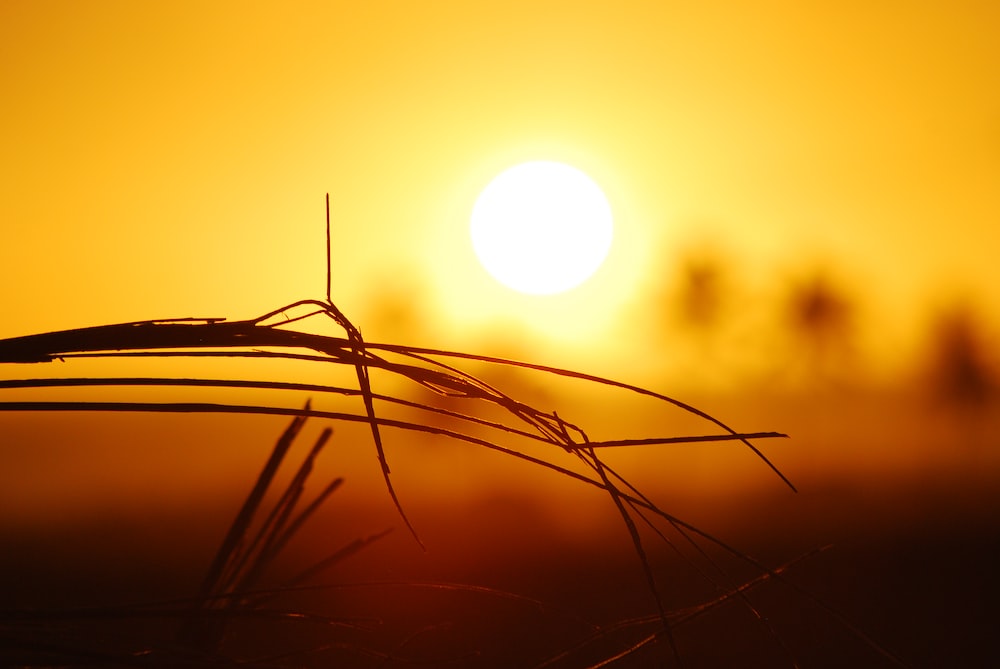In another rebuke to climate alarmist fairy tales, Northern Hemisphere snow cover and snow mass just hit a record high for the last half-century. Some people rushed to call it cherry-picking the facts, on the grounds that there was a trend and if it has now reversed we should ignore that fact. But since a critical part of the actual debate on climate change is precisely whether much that we have seen in the last 150 years is cyclical and thus natural, rather than linear and thus probably man-made, it really does matter when alarmist predictions fail. And when they do, well, don’t expect contrition or compassion. After noting that “Met Office warns of below freezing temperatures”, Britain’s BBC notes without missing a beat that “People are being urged to use their heating, despite rising energy prices”. Which the BBC cheered for relentlessly.
Obviously we of all people do not think one swallow makes a spring, or one cold snowy day a winter. But if people tell you winter is a thing of the past and it comes back it does call into question their understanding. And in fact in late November the National Post warned that “Front-loaded, cold and snowy winter ahead, Weather Network forecast suggests” and added:
“Canadians enjoying a brief relief from the onset of winter-like conditions may want to enjoy the temperatures while they can because The Weather Network is forecasting a colder than normal start to winter across most of the country.”
By this point our regular readers will not need to be told how many times the word “climate” appears in the story: none whatsoever. (As with “Calgary looking at its coldest start to December in 100+ years”. Or “Snow piles up in Ontario as roads deteriorate from ‘super-squalls’”. Or “‘Freak Storm’ Headed for Texas Could Dump Entire Season of Snow Overnight” from Newsweek via MSN.) Nor will they be surprised that unusual cold is presented not as a trend but rather as some random weather:
“The network’s winter outlook says a La Nina — a weather pattern characterized by cold ocean temperatures in the equatorial Pacific Ocean — is returning for a rare third winter, likely meaning colder and snowier weather through December.”
Now if you ask people what the weather will be like in a couple of months, rather than in 2100, they don’t know. Network chief meteorologist Chris Scott “says January and February will be pivotal months in deciding whether this winter will be exceptionally cold and snowy, noting forecasters will have a better sense of what to expect during those months near the end of December.”
Oh, and speaking of cyclical, a tireless recorder of weather oddities in Ottawa reports that “After 229 consecutive days with maximum temperature ≥3°C in #Ottawa, the maximum temperature was only 2.7°C yesterday. We made it to 9th place, only 12 days behind the record.” But “only 12 days” is a pretty big chunk of the 365 a typical year contains, nearly 3%. And it’s also notable is that while the record was set in 2006 (not in one of the “hottest years ever” we’ve supposedly been having since 2010 for some reason), 2nd place is a tie between 2011 and, yes, 1918. Looks like more cycles.
Meanwhile from the other side of the world Vijay Jayaraj chimes in that:
“I live in Bengaluru in southern India. This month, the city recorded the coldest temperature in 10 years for the month of November. So has been the case in my country’s capital New Delhi where extreme winters have become a norm in recent years.”
Energy poverty kills, a point the Indian government seems to have some grasp of as it pushes ahead with developing power supplies without regard to Western anti-carbon pieties. And to its limited credit the Beeb does add to the story we cited at the outset that :
“Prof Damian Bailey, from the University of South Wales, told BBC News "the evidence clearly suggests that cold is more deadly than the heat, there are a higher number of deaths caused through cold snaps than there are through the heat snaps”.
British politicians, meanwhile, oppose fracking because it’s already too hot. Pay no attention to that white stuff outside your window or, increasingly, inside it.



It’s not only northern hemisphere winter that’s having a cold start.
Whilst this is anecdotal evidence in KwaZulu Natal, South Africa we have had a particularly cold start to summer. In years past temperatures have risen to the point where we have needed to use air conditioning from October. This year we have only started using fans in late November. Only now in the last few days have we experienced the type of earth and humidity we are accustomed to.
Southern Australia has endured the coldest spring and start to summer I've aware of in my sixty odd years here. The plant life is even more confused than us humans. My capsicum, chilli, eggplant, tomatoes etc have lost the plot, instead of early growth of stem and leaf in preparation for flowering in coming months, they are like stumps, at least half the size they should be for this time of year and already covered in flowers and fruit, way too early for what should be with further growth now at an almost standstill. The later spring crops like ochre, long beans, watermelon, zucchini have died off over and over due to the cold with each replanting I've done! Our grapes are a disaster, bunches just did not form and those that did never developed. Our citrus trees are a horror show, usually covered in tiny fruit now yet some have nothing on them at all, with the rest a fraction of good years. Only our peach tree for some odd reason has loved all of this . So much for their global warming fantasies!